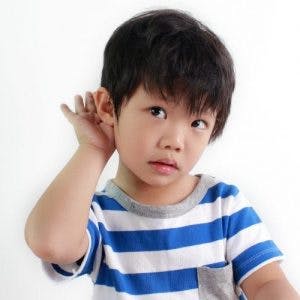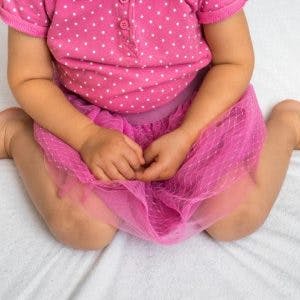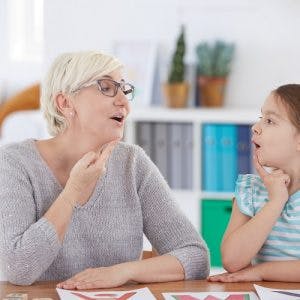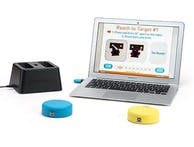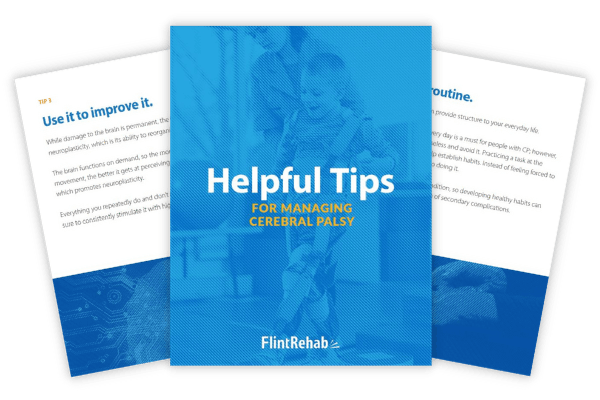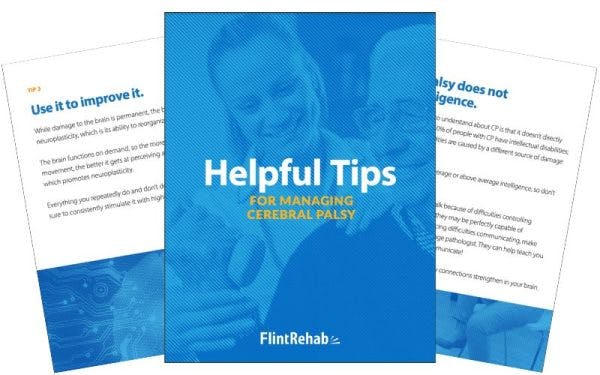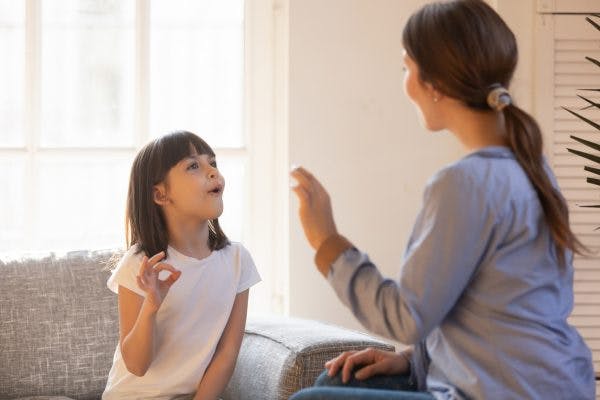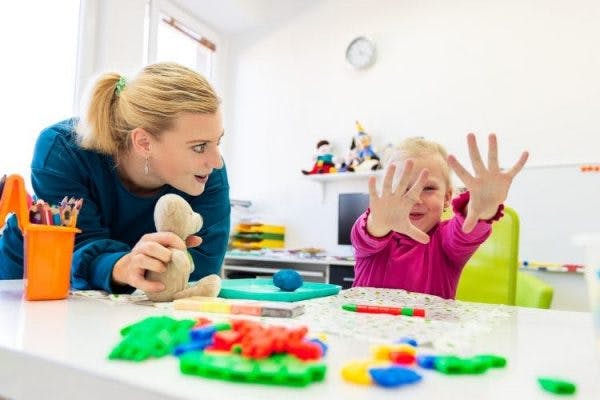The emotional effects of cerebral palsy are often a result of feeling misunderstood or alone.
Adverse emotional effects like withdrawn behavior, anxiety, depression, or angry outbursts are commonly experienced as a result of motor impairments.
Even children with mild motor impairments can experience psychological symptoms.
This article will explain how cerebral palsy can affect your child’s emotional wellbeing and what you can do to manage it better.
Causes of Emotional Distress in Children with Cerebral Palsy
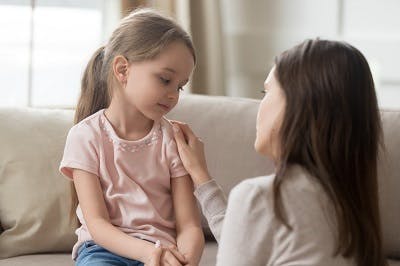
Emotional problems are much more prevalent in children with cerebral palsy than in the general population.
Let’s go over 4 common reasons why emotional problems can develop in children with CP.
1. Poor Communication
Cerebral palsy can affect a child’s oral motor functioning and make it difficult for them to speak.
Having to continually repeat or further elaborate until someone finally understands what you’re trying to say can be very frustrating and tiresome. Furthermore, if the child is completely non-verbal, this frustration can be compounded if they don’t have the assistance or devices required to make their needs known.
This can cause people with cerebral palsy to be more emotionally volatile or reserved.
2. Gross and Fine Motor Impairments
Children with cerebral palsy may become emotional by comparing their abilities to children without CP.
Motor impairments make it more difficult for children with cerebral palsy to participate in physical activities with their peers. They can also make it difficult to independently complete everyday tasks, such as getting dressed, using the bathroom, or self-feeding. Needing extra assistance or requiring additional accommodations can make children feel self-conscious and left out.
Additionally, some children with cerebral palsy need to wear a brace or rely on walkers or wheelchairs to move around. The appearance of being different can also make them feel isolated.
3. Learning Disability
Although not caused by the same source of brain damage, learning disabilities are a common associative condition of cerebral palsy.
A learning disability can make it much more challenging for children with cerebral palsy to grasp, retain, and apply new information.
Children with both CP and learning difficulties may get frustrated and emotional when comparing their cognitive abilities with their peers. This can be especially frustrating in the classroom, and children may feel singled out if everyone else seems to understand the concepts being taught.
Individuals with learning difficulties are fully capable of learning. They just need the right accommodations (extra time, more individual attention, etc.) to help them succeed. These accommodations are often able to be utilized in the general education classroom, but sometimes children are pulled out into a special education classroom for more intensive intervention.
4. Pain Avoidance
Many individuals with cerebral palsy experience chronic pain, which can cause emotional distress.
Chronic pain may be caused by complications of cerebral palsy like spasticity, uncontrollable movements, and poor posture.
Additionally, children with CP commonly have increased sensitivity to pain than the general population because of damage to the brain that can affect the processing of sensory information.
Therefore, children with cerebral palsy not only have more likeliness to experience pain but also are generally more sensitive to pain.
This can cause children with CP to develop avoidant and anxious behaviors that make them less active and social.
How to Deal with the Emotional Effects of Cerebral Palsy
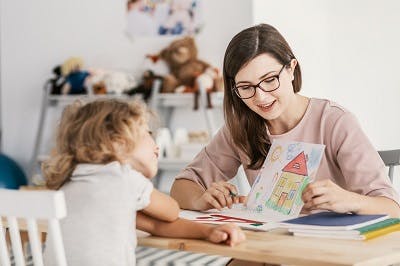
Depending on the cause of your child’s emotional problems, treatments will vary.
Some common management interventions include:
- Psychotherapy. Speaking to a psychologist can really help your child understand their emotions and get easy access to helpful resources for dealing with emotional distress.
- Behavioral Therapy. Behavioral therapy can help children learn more effective ways of communicating frustration than acting out.
- Social Work. Social workers are able to provide strategies and positive supports to help children process and express their emotions. School social workers are able to collaborate with teachers and parents to best support a child’s emotional wellbeing and behaviors in the classroom.
- Speech Therapy. If your child has oral motor impairments, going to a speech-language pathologist can help them improve their speech or teach them how to use assistive communication devices to reduce frustration related to communication.
- Support Group. Joining a cerebral palsy support group will not only help connect parents of children with CP together but also other children with CP. This will help make your child feel less alone.
- Educational Assistance. If your child is struggling with a learning disability, make sure that they’re getting the additional support they need at school through special education services.
- Physical Therapy. Physical therapy will help children with cerebral palsy improve their gross motor functions through exercise. This can help them become more confident in their abilities, and can also reduce the effects of chronic pain in the future.
- Occupational Therapy. Occupational therapy will help your child improve their fine motor skills by focusing on activities of daily living.
- Adaptive Sports Program. Adaptive sports programs are all about promoting inclusion and an active lifestyle. Your child can meet and be inspired by lots of other children with disabilities. Being physically active also promotes emotional wellbeing.
- Medication. If psychotherapy doesn’t work for your child’s depression or anxiety, your child’s doctor will likely prescribe medications to help stabilize neurotransmitter levels in the brain.
Emotional Effects of Cerebral Palsy: Key Points
A lot of emotional problems in children with cerebral palsy center around feeling misunderstood or not included.
This can cause them to withdraw socially, have emotional outbursts, develop depression, and have low self-esteem.
Luckily, many interventions are available to help your child improve their motor skills, feel more confident, and better understand their emotions.
Hopefully, this article helped you understand how CP can affect one’s emotional wellbeing and what treatments can help your child feel better. Good luck!


